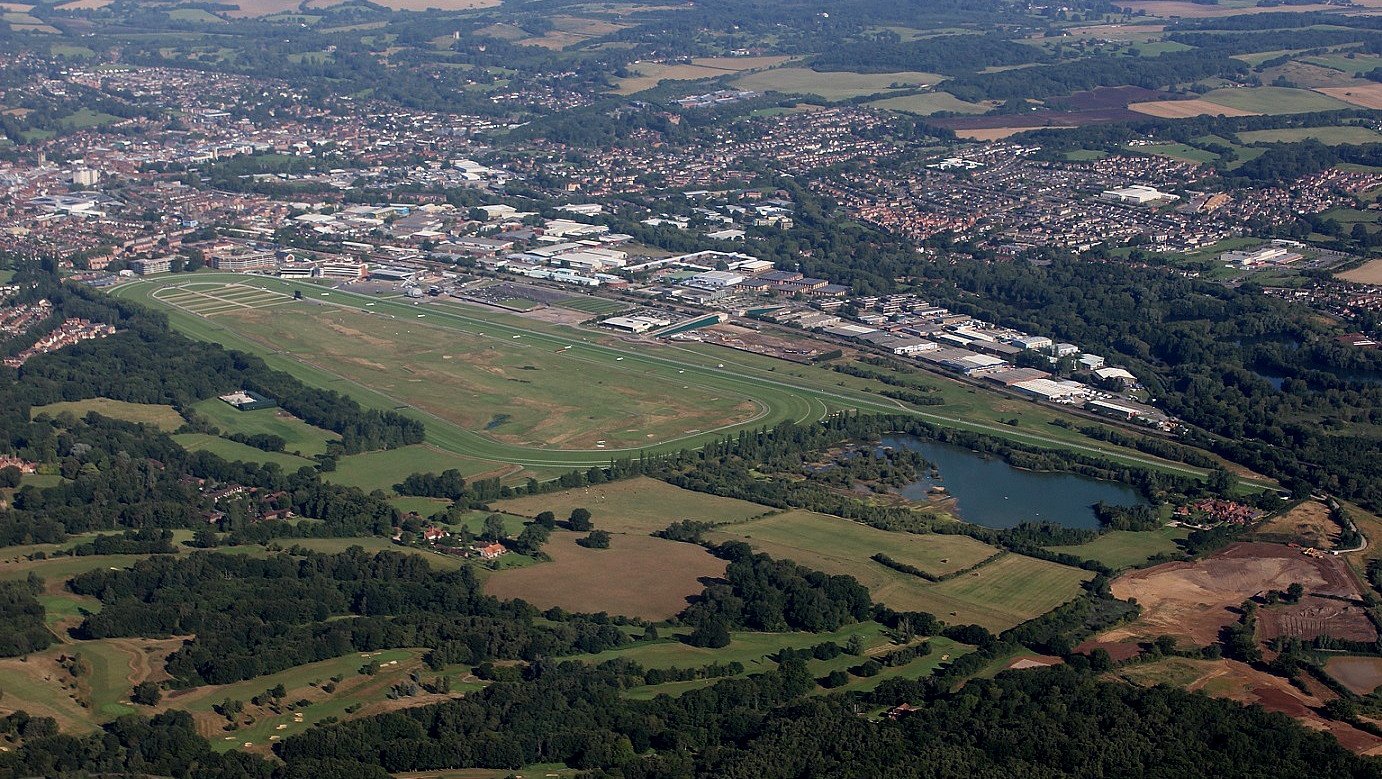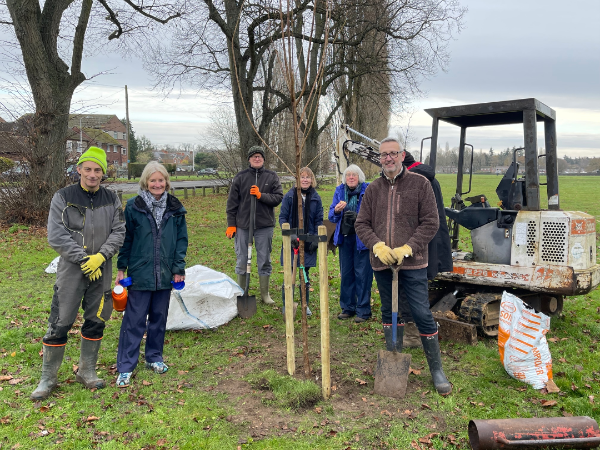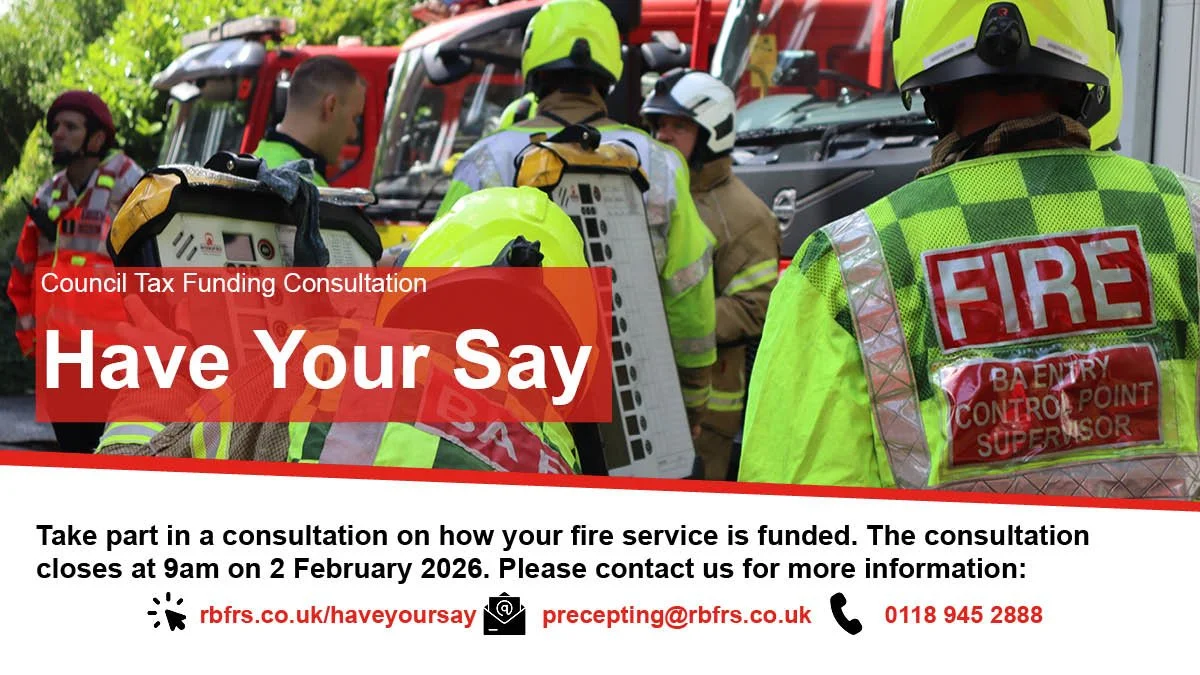
Welcome to Greenham
A Parish of Newbury
Meetings
Greenham Parish Council meetings are held monthly and are open to the public. Agendas are published ahead of each meeting and Minutes published following meetings.
Grants
Greenham Parish Council has the power to award grants to local organisations. Checkout our grants page first if you’re thinking of submitting a grant application for all relevant information.




